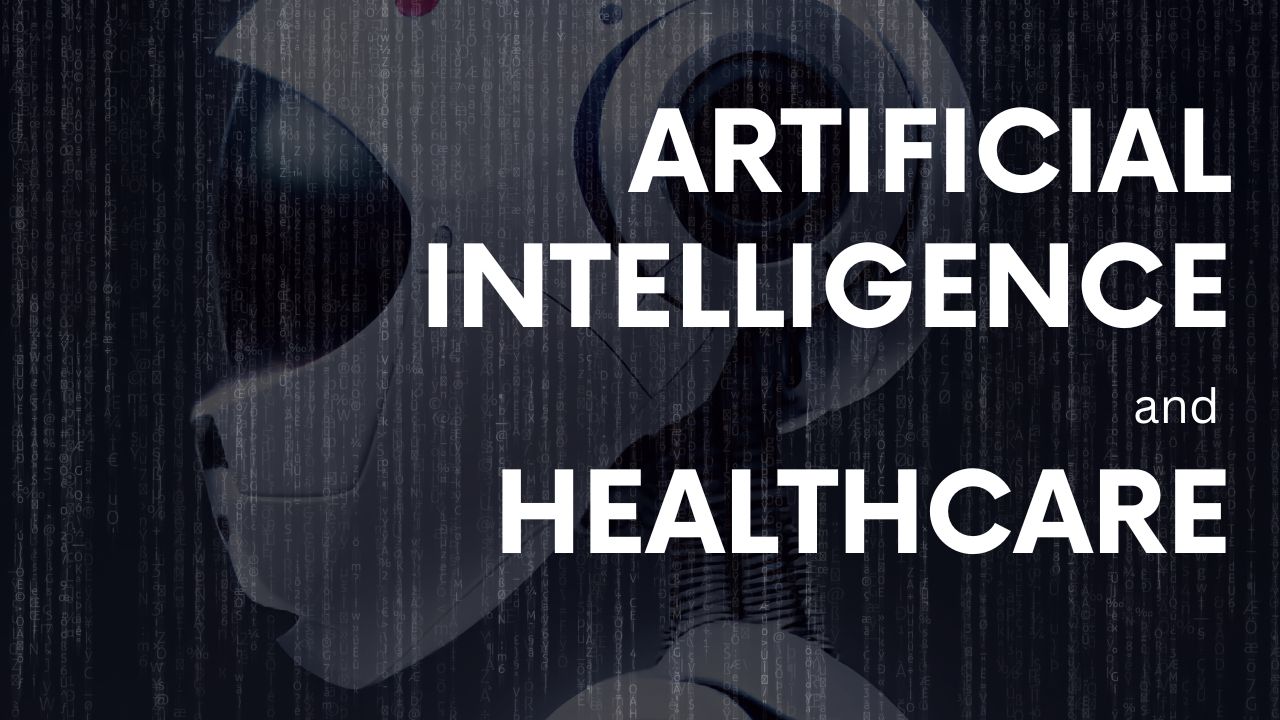In a significant move toward responsible development and deployment of artificial intelligence (AI) in the healthcare sector, twenty-eight prominent companies, including CVS Health (CVS.N), have voluntarily committed to guidelines proposed by U.S. President Joe Biden. This initiative, announced by a White House official on Thursday, reflects the growing importance of ensuring the safe integration of AI technologies into healthcare practices.
This development comes on the heels of commitments made by 15 leading AI companies, such as Google, OpenAI, and Microsoft (MSFT.O), and aligns with the Biden administration’s efforts to establish regulatory parameters around AI. As AI continues to advance rapidly in capability and popularity, the administration seeks to address potential risks and challenges associated with its unregulated growth.
“The administration is pulling every lever it has to advance responsible AI in health-related fields,” stated the White House official, emphasizing the enormous potential of AI to benefit patients, doctors, and hospital staff when managed responsibly.
President Biden issued an executive order on October 30, mandating developers of AI systems with potential risks to national security, the economy, public health, or safety to share safety test results with the government before public release.
Among the healthcare providers committing to these guidelines are notable names such as Oscar (OSCR.N), Curai, Devoted Health, Duke Health, Emory Healthcare, and WellSpan Health. The White House official, in a statement, stressed the importance of vigilance in realizing the promise of AI for improving health outcomes. Without appropriate testing, risk mitigations, and human oversight, AI-enabled tools used for clinical decisions can lead to costly errors or, at worst, dangerous consequences.
The official further highlighted the potential biases in AI diagnoses based on gender or race, particularly when the AI is not trained on representative population data. Addressing these concerns, the administration’s principles call for transparency in content generation, requiring companies to inform users whenever they receive largely AI-generated content that hasn’t been reviewed or edited by humans. Additionally, the guidelines emphasize the need for ongoing monitoring and mitigation of harms that AI applications might cause.
Companies signing these commitments pledge to develop AI solutions responsibly, with a focus on advancing health equity, expanding access to care, making care affordable, coordinating care to improve outcomes, reducing clinician burnout, and enhancing the overall patient experience.
As the healthcare sector embraces these guidelines, the collaborative efforts between the government and private sector signal a shared commitment to harnessing the potential of AI while safeguarding against its potential pitfalls in the crucial field of healthcare. The move reflects a proactive approach to shaping the future of AI in a responsible and ethical manner, ensuring its positive impact on health outcomes and patient well-being.
Source: Reuters



